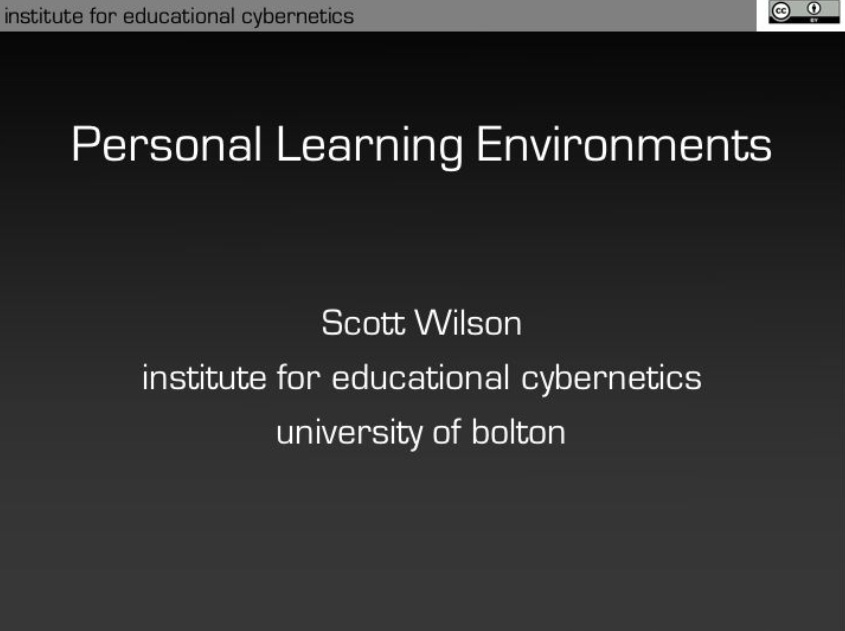One of the first of a series of ctach up posts from the last two weeks of wall to wall conferences and meetings.
For a long time I have been complaining at the ludicrous policies that ban students from using small powerful mobile computers – yes telephones. And now – in the UK at least – there does seem to be some movement. Remarkably, this article is from the online version of the Daily Mail – which as UK readers will appreciate is not normally a fan of anything progressive!
“Children should be allowed to use their mobile phones in class because they can serve as ‘learning aids’, a study claims today.
Academics are calling on schools to rethink bans on phone handsets after trials suggested that functions such as calculators, stopwatches and email can be ‘educational’………
During a nine-month experiment involving classes aged 14 to 16, pupils either used their own mobiles in lessons or the new generation of ‘ smartphones’ which allow internet connection.
They were used to create short films, set homework reminders, record a teacher reading a poem and time experiments with the phones’ stopwatches.
The smartphones also allowed pupils to access revision websites, log into the school email system, or transfer electronic files between school and home.
The study by researchers at Nottingham University involved 331 pupils in schools in Cambridgeshire, West Berkshire and Nottingham……
‘After their hands-on experience, almost all pupils said they had enjoyed the project and felt more motivated.’
One teacher told researchers that students like mobiles and they know how to use them.
‘Using this technology gives them more freedom to express themselves without needing to be constantly supervised,’ the teacher said. ……..
Dr Hartnell-Young said: ‘While the eventual aim should be to lift blanket bans on phones, we do not recommend immediate, whole-school change.
‘Instead we believe that teachers, students and the wider community should work together to develop policies that will enable this powerful new learning tool to be used safely.'”
A good start but the reactions to the artcile on the web site were far from progressive. Whether this refelcts where teachers or at or just mirrors the Daily Mail readership is hard to say:
“Mobile phones will be used for “learning”? Does that follow on from the Internet not being used for downloading porn or computers not being used for playing games? Flimsy research from a bunch of nutters who want to look hip and with it.
– Maggie, Oxford, 4/9/2008 4:09″
“Appalling idea. People are completely ruled by their mobiles. It will cause more bullying and stealing of popular phones. Leave mobile phones at home.
– Sue, Southampton, 4/9/2008 7:49″
“Whoever came up with this waste of money study – needs to be sacked. Where did they get their information from – a text message?
– Don, UK, 4/9/2008 8:03″
And so on. But it is a crack in the system and cracks can be widened. Whilst on the subject of mobiles there is a great post on the Blog of Proximal Development about the Teachers Without Borders ICT Workshop in Capetown. Konrad Glogowski quotes a teacher saying “I understand what you mean about engagement. When my students ask me, ‘Miss, what does this word mean?’ I tell them to take out their cell phones and find out for themselves. I want them not to always ask me.”
Seems teachers in the UK have some catching up to do!



 I am greatly intrigued by Martin Weller’s presentation on SocialLearn yesterday. One of the advantages of Elluminate is it allows you to watch a
I am greatly intrigued by Martin Weller’s presentation on SocialLearn yesterday. One of the advantages of Elluminate is it allows you to watch a 